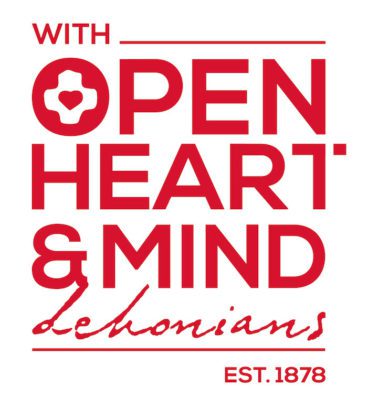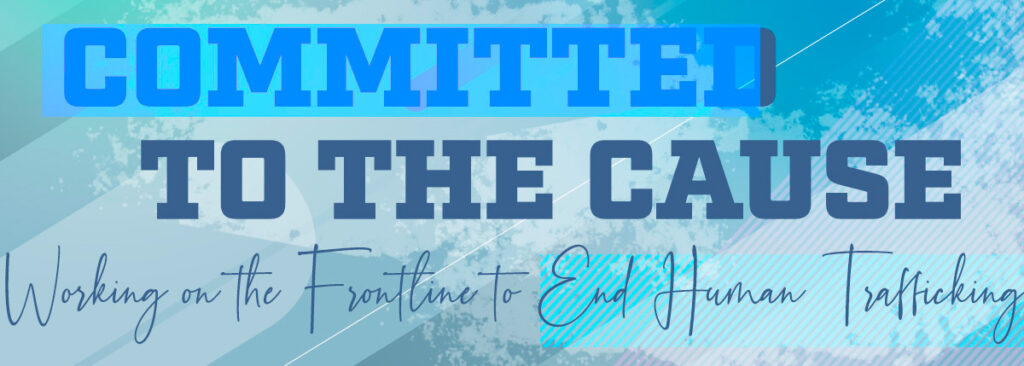
Br. Diego Diaz, SCJ, ministers with Sacred Heart Southern Missions in northern Mississippi. His reflection is paired with a number of resources he shares in light of World Day Against Trafficking in Persons, commemorated by the United Nations on July 30. More about the day, as well as links to various resources, follows Br. Diego’s text.
A frequently used Dehonian logo is that of the open and empty heart on a cross; it is a reminder of our call to make our hearts fully available to God.
I remember my novice master in Argentina telling us every morning that this had to be our attitude at the start of our journey. We must be available, be open, when God comes to our door.
 One of the ways that God strikes my heart is when I work in social service ministry. Every morning I pray that my heart is available, just as Fr. Dehon’s was, being attentive to the needs of his time.
One of the ways that God strikes my heart is when I work in social service ministry. Every morning I pray that my heart is available, just as Fr. Dehon’s was, being attentive to the needs of his time.
Today, human trafficking is such a concern; a form of slavery in today’s world. The pandemic affecting us all exposes some of the unjust structures that have led to many of our brothers and sisters suffering in such a reality. For some, it is about the struggle to survive.
We Dehonians believe that the love that springs from the open heart of Jesus is capable of transforming people’s lives. The mission of the Church is to continue with the mission of Jesus, speaking of how much God loves the world.
Even with a pandemic, solidarity cannot be quarantined and isolated. We reach out to those without food, housing and other basic needs during this difficult time. Yet we must also reach out to those who continue to be enslaved by excessive work hours and dangerous conditions, as well as other abuses. We must be present to those who are taken advantage of because of their legal status (or lack of legal status), or because they do not belong to a certain ethnic or linguistic group.
The Gospel of Mark tells us about how the life of Jesus impacted the daily life of the community. The person of Jesus transcended the ethnic and political boundaries of his time.
Today, we Christians are called to follow the example of Jesus and put our faith to work in our own communities. Some examples: promoting prayer groups through the use of a phone app, generating initiatives to support and help small businesses, helping our neighbors, and sometimes, simply being cordial and offering a smile.
Even if the person in front of you is covered by a mask, you can still give a look of compassion and understanding with your eyes. We must remember the words of Jesus who reminded us that whatever we did for the least, we did for him (Matt. 25:40). It is all about meeting the other, helping the other to experience the merciful love of God.
On July 30, in a special way, I ask that we commit ourselves to helping those who are the victims of human trafficking; may they too experience the merciful love of God.

World Day Against Trafficking in Persons
July 30, is the United Nations’ World Day Against Trafficking in Persons. This year’s theme is “Committed to the Cause: working on the front line to end human trafficking.” It is a focus on the first-responders in the human trafficking crisis, those who are on the front lines identifying, supporting, counseling, and seeking justice for victims of trafficking. The COVID-19 crisis has made the role of these first-responders even more critical as restrictions imposed by the pandemic have made their work more difficult. Their contribution is often overlooked and unrecognized.
Click here to learn more about this year’s World Day Against Trafficking Persons.
Helpful links:
United Nations’ website for World Day Against Trafficking Persons
Catholic Relief Services’ “7 Things You May Not Know About Human Trafficking and 3 Ways to Help.”

